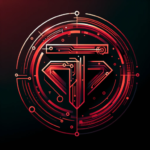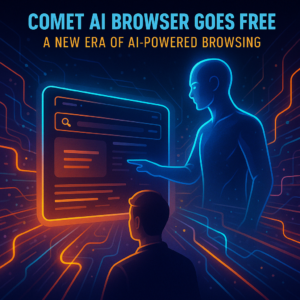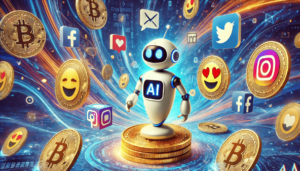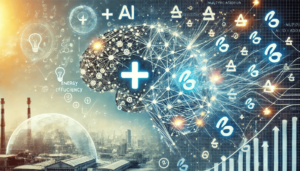Reviving the Wisdom of the Ancients: AI Brings Greek Philosophers to Life
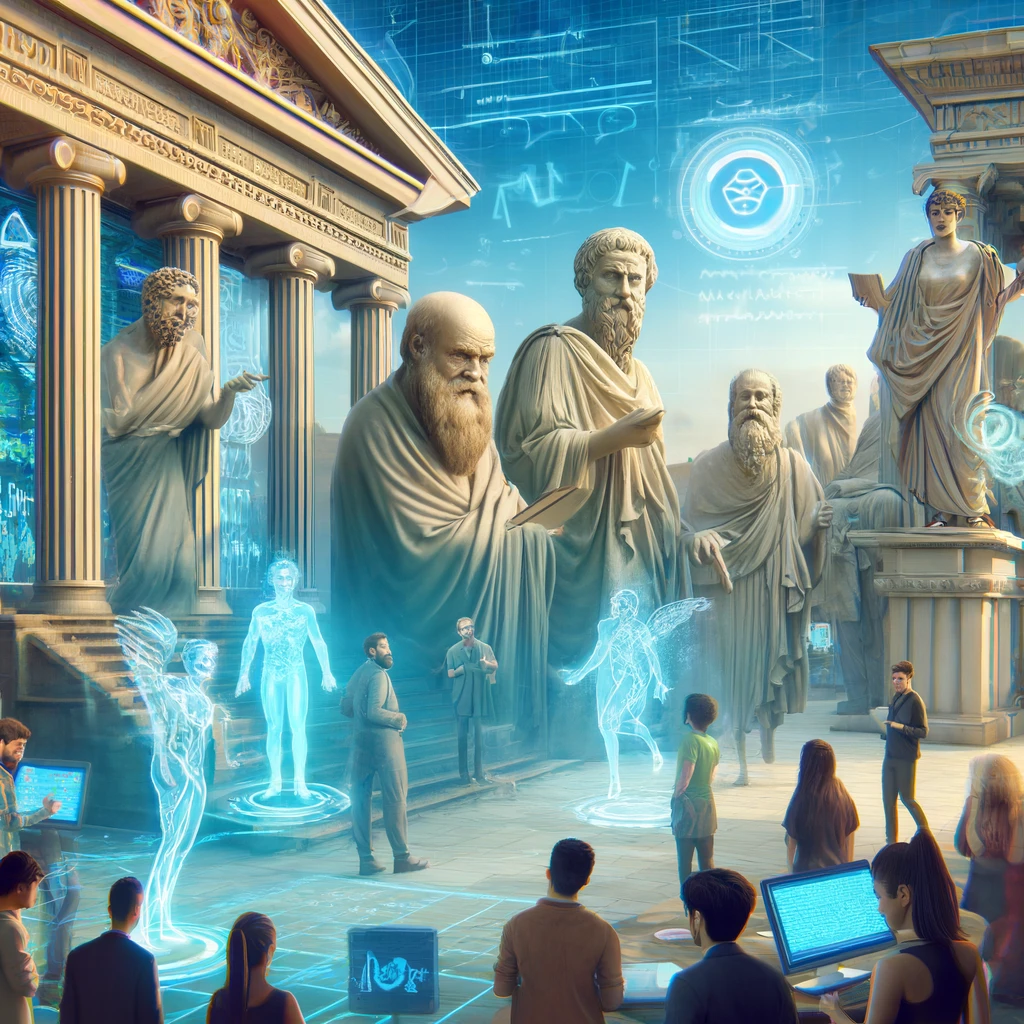
Ancient wisdom meets modern technology as Greek philosophers are revitalized through AI, engaging in timeless dialogues in a futuristic setting.
- How are ancient Greek philosophers being brought to life with modern technology?
- What impact does AI have on historical education and philosophical discourse?
- Which ancient Greek philosophers are featured in the AI-driven project, and what stories do they tell?
In an era where technological advancements often overshadow historical wisdom, a groundbreaking project has merged the two, bringing ancient Greek philosophers and scientists to life through the power of artificial intelligence. This remarkable endeavor, detailed in a recent article by GreekReporter.com, offers a unique opportunity to hear the revered voices of history’s great minds as if they were among us today.
A Digital Resurrection
Equator AI, the innovators behind this captivating project, utilized cutting-edge AI technology to animate these historical figures, enabling them to narrate their life stories and share their timeless insights in their own words. This digital resurrection not only celebrates their contributions to science and philosophy but also makes their ancient wisdom accessible to a modern audience.
The Magic of Virtual Reality
Through virtual reality, viewers can step back in time and interact with the likes of Socrates, Plato, and Aristotle in a simulated ancient Greek setting. This immersive experience doesn’t just recount historical facts but brings them to life, allowing us to understand these figures as real people who once walked the earth, pondered the mysteries of existence, and laid the foundations of Western thought.
Voices from the Past
The video features a roster of some of the most influential figures in history. Herodotus, often called “The Father of History,” shares his adventures and the methodical approach that led to his detailed account of the Greco-Persian Wars. Thales, known as the first philosopher in the Greek tradition, recounts his journey in science and philosophy, establishing himself as a pivotal figure in both fields.
Homer, the legendary poet behind the Iliad and the Odyssey, speaks of the epic tales that have inspired countless generations. Demosthenes, renowned for his powerful oratory skills, discusses his resistance to Macedonian expansion and the impact of his speeches on Athenian politics.
Aristotle’s Comprehensive Intellect
Aristotle introduces himself not only as a philosopher but as a polymath whose work spanned virtually every possible area of knowledge at the time. As a tutor to Alexander the Great and a student of Plato, Aristotle’s influence on the intellectual landscape of the ancient and modern worlds is profound and far-reaching.
Socrates’ Philosophical Legacy
Socrates, whose philosophy is known largely through the works of his students, including Plato, speaks of his simple life and the ideals that led to his execution. His thoughts and teachings, preserved and interpreted by his disciples, continue to influence philosophical thought today.
Plato and the World of Forms
Plato, following his teacher, speaks of his philosophical school, the Academy, and his Theory of Forms. This revolutionary idea proposed that the physical world is not as real as timeless, unchangeable ideas, a concept that has intrigued and puzzled scholars for millennia.
Chrysippus and the Stoic Legacy
Chrysippus, known as the Second Founder of Stoicism, recounts his efforts to systematize the teachings of Zeno and Cleanthes. His works, although largely lost, are known to have been influential in developing the stoic philosophy which emphasizes logic and the acceptance of what one cannot change.
Implications for Modern Viewers
This project does more than just educate; it connects us on a human level to the individuals whose thoughts have shaped philosophical and scientific thought. It challenges us to reflect on how their ideas can be applied in a modern context, particularly as we navigate the complexities of the digital age.
The Future of Historical Learning
As AI continues to evolve, its potential to transform educational methodologies is vast. Projects like the one developed by Equator AI not only foster a deeper connection with our historical roots but also enhance our understanding through interactive and engaging learning experiences.
The fusion of AI and historical figures opens up new avenues for education and engagement with the past. As we look forward, it’s clear that the intersection of technology and humanities holds exciting possibilities for deepening our understanding of the human experience across ages.
For more on this fascinating intersection of AI and history, read the full article on Greek Reporter: Ancient Greek Philosophers Brought to Life by AI. Also, you can find another exciting application of AI in history in this previous article of mine: AI’s Key to Ancient Wisdom Locked in Herculaneum Papyri.
